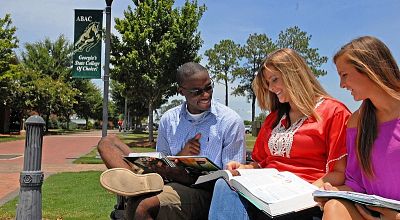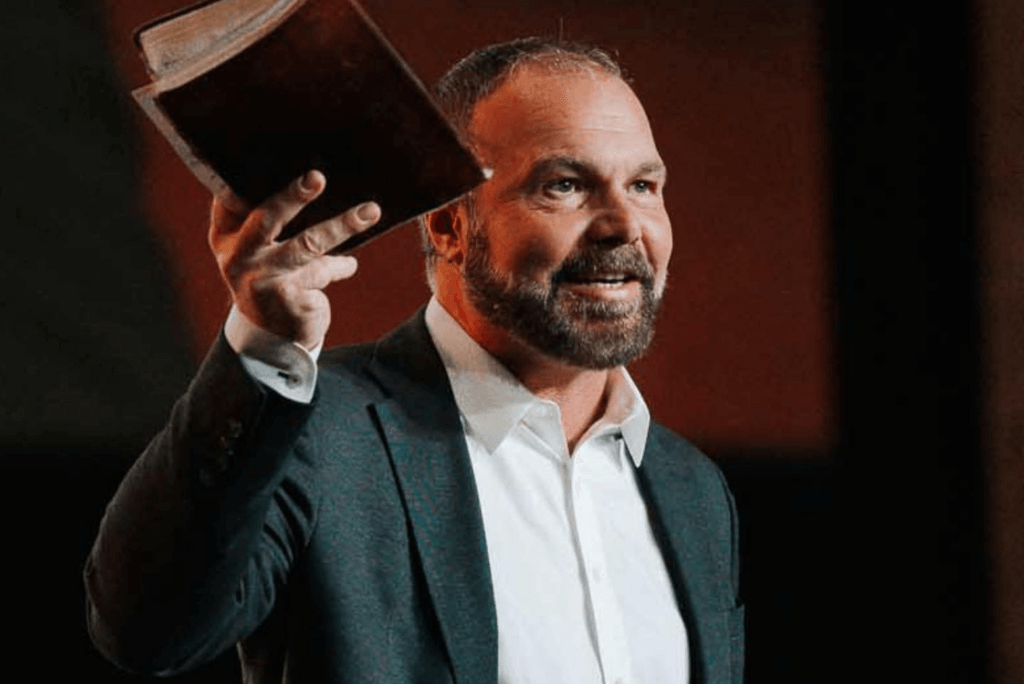Chemeketa Community College security officers stopped Caleb Pearson from handing out pro-life literature and displaying pro-life signs outdoors on campus.
In October 2010, Pearson was told that he would have to get permission from campus officials if he wanted to continue sharing his message, which—if approved—could only be communicated in a small indoor “free speech zone” that consists of a six-foot folding table.
The security officer also told Pearson he was prohibited from wearing a pro-life T-shirt on campus that displayed a message similar to his signs. But the Salem, Ore. college changed its tune after Alliance Defense Fund (ADF) attorneys confronted the issue. Chemeketa Community College has revised its policies so that students may engage in free speech beyond a single six-foot folding table that served as a “free speech zone.”
“Pro-life students shouldn’t have to get a permission slip to share their beliefs on campus,” says ADF Legal Counsel David Hacker. “Making free speech the exception rather than the norm and then corralling it to a limited area is unconstitutional and contrary to the ‘marketplace of ideas’ that a university is supposed to be. We appreciate the college’s efforts in working with us to revise its policies and rectify this problem.”
Daniel A. Hill, one of nearly 2,100 attorneys in the ADF alliance, sent a letter to the college about the constitutional problems with the college’s speech policies. Since then, ADF attorneys have interacted with campus officials to bring about the needed changes to the college’s Free Speech Guidelines and a speech code contained in the college’s Student Rights and Responsibilities policy.
Under the old Free Speech Guidelines, students had to obtain a permit to use a six-foot-long table at a very confined area inside the student life center’s “free speech zone” one week prior to their expected activities, and they were only allowed to reserve the zone two days per semester, with additional days subject to availability. The new guidelines still allow students to reserve the table but now also allow students to speak outside spontaneously without having to obtain approval.
The college’s Student Rights and Responsibilities Policy has been revised to eliminate its problematic speech code that prohibited “offensive” or “derogatory” speech. Such restrictions are often abused to suppress religious, pro-life or other forms of speech that officials may consider to be “politically incorrect.”
See an error in this article?
To contact us or to submit an article





















